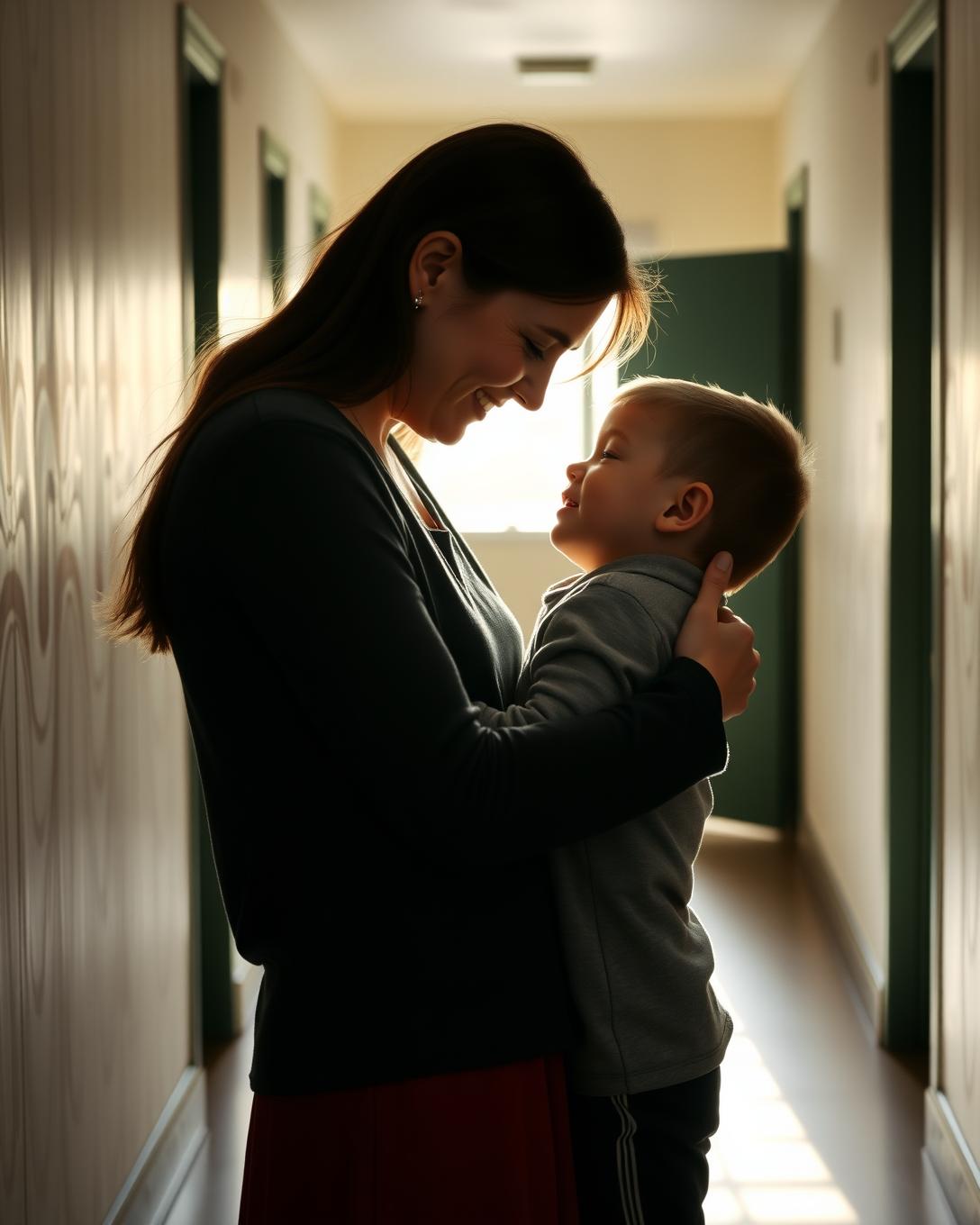**How My Stepmother Became My Second Mom After My Father Left**
I once had a happy family — my mom, my dad, and me. Our home in Yekaterinburg was always filled with laughter and warmth. But fate had other plans.
When I was eight, my mother fell seriously ill. We hoped until the very end, but one day my father came back from the hospital with an empty look in his eyes and said, “Anna is no longer with us.” After that, he broke down. Beer replaced his meals, and the apartment became a mess. I went to school in dirty clothes, my friends avoided me, and the teachers looked at me with pity.
The neighbors called child services. Strict women came, inspected the dirty kitchen, and said, “If nothing changes in a month, we’ll take the boy away.” My father got scared — he sobered up, bought groceries, and cleaned the apartment. It seemed that life was getting back on track.
Two weeks later, my father introduced me to Aunt Larisa. She lived in Chelyabinsk with her son Vitya, who was two years younger than me. At first, I didn’t trust her — how could she forget my mother so quickly? But Larisa turned out to be kind. We started visiting her more often, and one day I told my father:
* Dad, I like being at Aunt Larisa’s.
Soon, we moved in with her, and we rented out our apartment. Life began to improve: I got back into my studies, and even started smiling again. But the happiness didn’t last long. One day, my father went to work and never came back — a heart attack. At ten years old, I became an orphan.
Three days later, child services came. They told me, with no emotion, “You’re going to the orphanage, Aunt Larisa is not your relative.” They took me away. In my pocket, I clutched my father’s keychain — the only thing left from him.
Life in the orphanage in Perm was hard. I closed myself off, didn’t get close to anyone. But Larisa didn’t give up — every week she brought candy, books, and warm clothes. She kept saying, “I’ll take you soon.” I stopped believing — the court hearings and paperwork dragged on for years.
One day, I was called to the director’s office. There stood Larisa, glowing, and beside her was a grown-up Vitya.
* That’s it, Sasha, we’re going home, — she whispered.
I cried, hugging them.
That’s how my new life began. We returned to Chelyabinsk. Larisa became my mother — she loved me as her own. We lived modestly, but happily. On holidays, we gathered around the table and ate her cabbage pies. She taught us not to give up.
I graduated from school, entered university, and found a job. Vitya also grew up to be a good guy. We became brothers, even though we weren’t related by blood.
Now, we have our own families, but every weekend, we visit Mom with our wives and children. Larisa bakes pancakes, laughs with the grandchildren, and still worries about us.
I am grateful to fate for her. Without her, I would have been lost. She taught me the most important thing — family isn’t about blood, but about love. And no matter how many years pass, I’ll always remember that.
